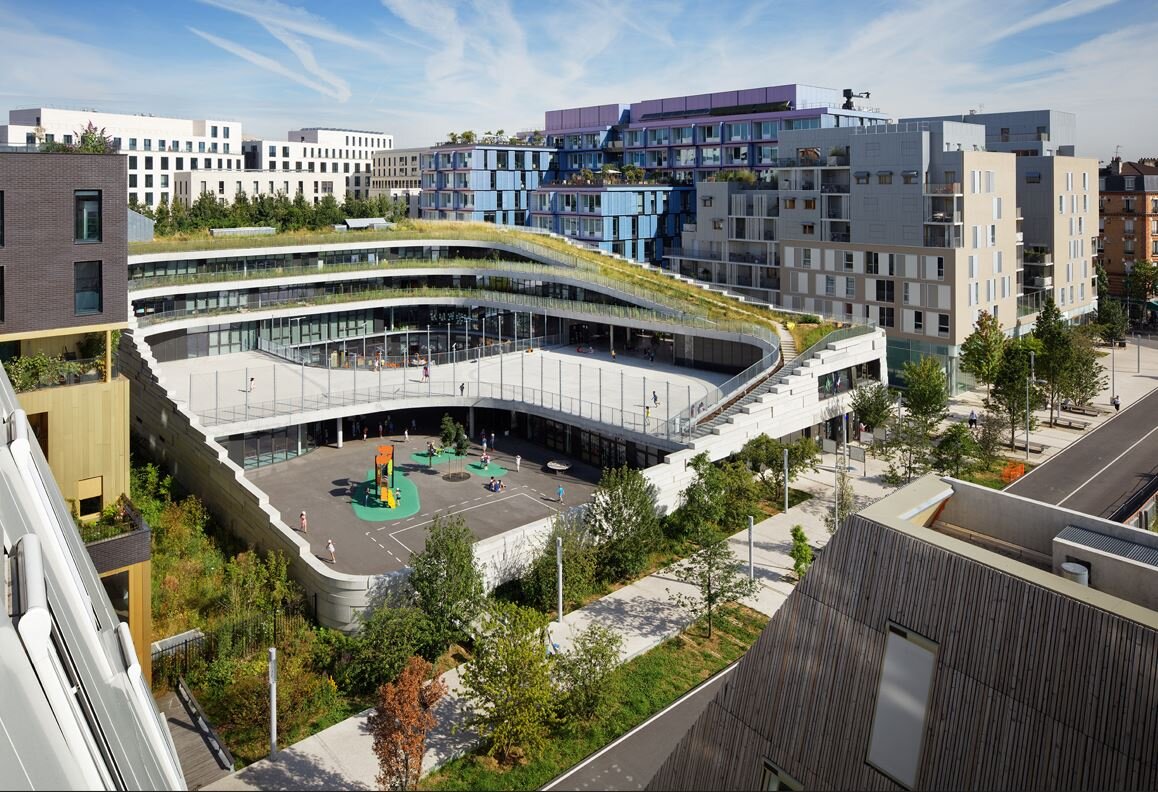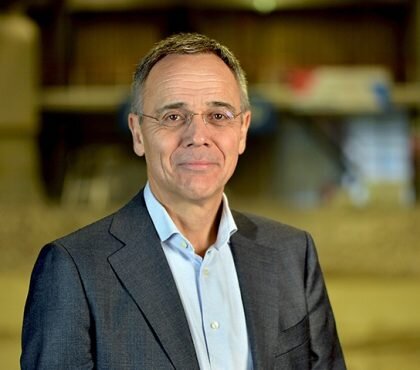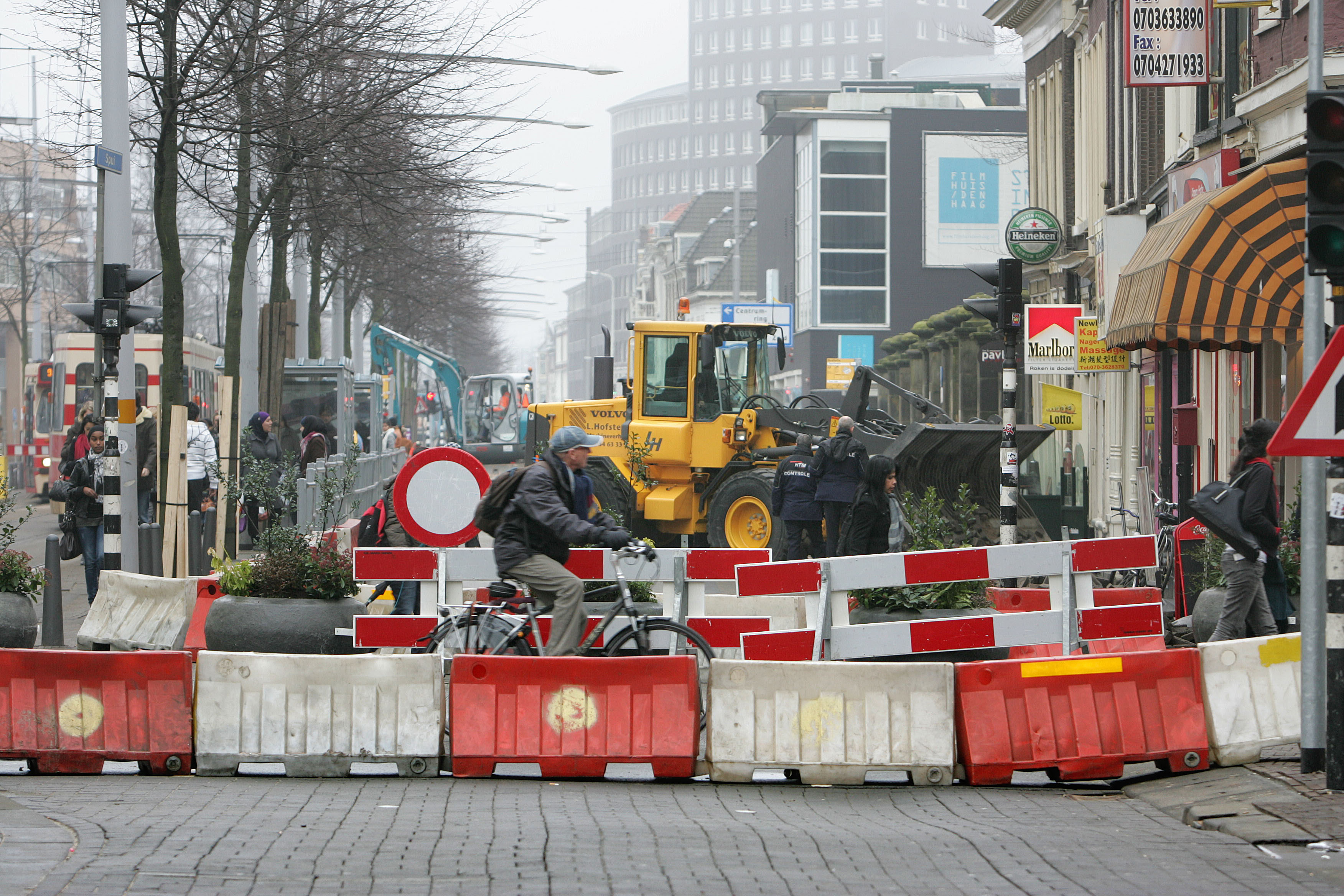Major challenges for cities due to climate change
Interview with Lauren Sorkin,
Resilient Cities Network
Cities are where challenges and opportunities converge. How can these challenges be tackled, and what opportunities are cities already maximising? To find out, we spoke with Lauren Sorkin, Executive Director for the Resilient Cities Network, which has been collaborating with Deltares for ten years.
What challenges and opportunities do cities face in terms of climate change?
Question 1
‘There are tens of thousands of cities, as diverse as Maastricht and Bangkok. Each city has it’s own unique challenges and opportunities. But two megatrends are changing almost every city; in the coming decades - and even sooner than that - we’re going to see rising temperatures and more extreme weather events. This means either too much or too little water.
It’s also important to understand the impact of climate on health, for example an increase in diseases caused by parasites, viruses, and bacteria. Cities need locally tailored solutions. For example, many cities have started using special coatings and white paint on rooftops to reduce temperatures inside homes. In Paris, they’re redesigning every schoolyard in the city to absorb more water and increase heat resilience. We also see an opportunity to solarise neighbourhoods. Our team is working on this in Rio de Janeiro and Cape Town.’

Lauren Sorkin
Lauren Sorkin is the Executive Director for the Resilient Cities Network, where she oversees global efforts to strengthen cities in the face of complex and interconnected challenges. She leads a team of urban resilience professionals in Mexico City, New York, Rotterdam, and Singapore, collaborating with Chief Resilience Officers in 40 countries.
Previously, she worked for the Asian Development Bank and USAID programs. She holds a Bachelor of Arts in International Relations and a Master of Science in Environment and Development. Now based in Barcelona, she grew up in New Jersey and has lived in Boston, New York, Washington DC, London, Brussels, Manila, Bangkok, Hanoi, and Singapore.
How can networks like the Resilient Cities Network further address these challenges?
Question 2
‘We empower cities to raise awareness about the fact they are the ones are at the forefront of these challenges. We also encourage cities and connect practitioners to share their knowledge and best practices. Why start from scratch, when we all face similar challenges? We also need to scale the opportunities. There are technological solutions to almost all of these problems, but change moves at the speed of trust. As a network, we have the ability to connect the right solutions with the people who have the knowledge and power to make change happen.’
What knowledge do we need to manage heat and water?
Question 3
‘The most accurate climate models, coupled with the knowledge of how to use that data. We also need to know how to integrate that into city management practices. The way cities communicate and collaborate with the private sector is very important. For example, when a city is developing a new district, the private sector can share its best technologies. We've seen that in Miami, where the city has to deal with flooding, storms, and heat.’
How can cities become climate-proof in the coming years?
Question 4
‘It’s impossible to become climate proof. Climate resilience is what cities need to strive for. We’re all going to be affected by heat and extreme weather. That’s why the advice to cities is to understand their local climate risks and opportunities, and plan to manage them. They need to clearly communicate those opportunities to the private sector and communities, so that they can be part of the solutions.’
'It’s impossible to become climate proof. Climate resilience is what cities need to strive for.'
Lauren Sorkin, Resilient Cities Network
Resilient Cities Network
The Resilient Cities Network (R-Cities) is the world’s leading urban resilience network. It brings together global knowledge, practice, partnerships, and funding to empower its members to build safe and equitable cities for all. At work in over 100 cities worldwide, the Resilient Cities Network supports on-the-ground projects and solutions to build climate-resilient, circular and equitable cities.
Read more

How can urban populations be involved in cities’ efforts to become climate resilient?
Question 5
‘Climate resilience work is the most effective when communities are involved in implementing the solution. They can be involved in planning processes, in prioritising solutions, and in helping to implement them. Cities like Chennai in India have greened their roofs, which makes them cooler, and they're also growing organic vegetables there.’
A new paper by Deltares, the Resilient Cities Network, and ARUP highlights the critical role of cities in the fight against climate change. What is your message to policymakers?
Question 6
‘You have to count on each other. There has to be real communication and connection between the local, regional, and national levels. We also need to put our money where our mouth is. We need to invest in the resilience of cities to climate change. It can be very sexy to think that there are quick technological solutions to the climate crisis. But we need to make these commitments for five or ten years to ensure meaningful change and to make sure our communities are protected.’

You’ve been working with Deltares for years?
Question 7
‘Deltares has been a really important partner in helping cities think about how to manage water and climate, and providing cities with great data, but also support to turn it into practical knowledge. Together, we've done a lot of work on tools and approaches for cities. An example is the water plazas in Rotterdam. Policymakers from Surat in India came to see them and decided to build them too. These are sunken city squares that can be used for sports or performing arts, and they collect water from heavy rainfall so it doesn’t flood the city streets. This is how cities share challenges and exchange knowledge. That knowledge is then put into practice and makes a real difference in the lives of people on the ground.’
What’s your personal drive for the work you’re doing for cities?
Question 8
‘Cities are where human potential comes together. They are incredible environments for innovation and progress. I love cities. Cities need to be able to thrive in the face of the challenges we have talked about. I’ve lived in cities around the world. In each of them, there are two or three places that really inspire me. The incredible thing about cities is their diversity and energy.’

